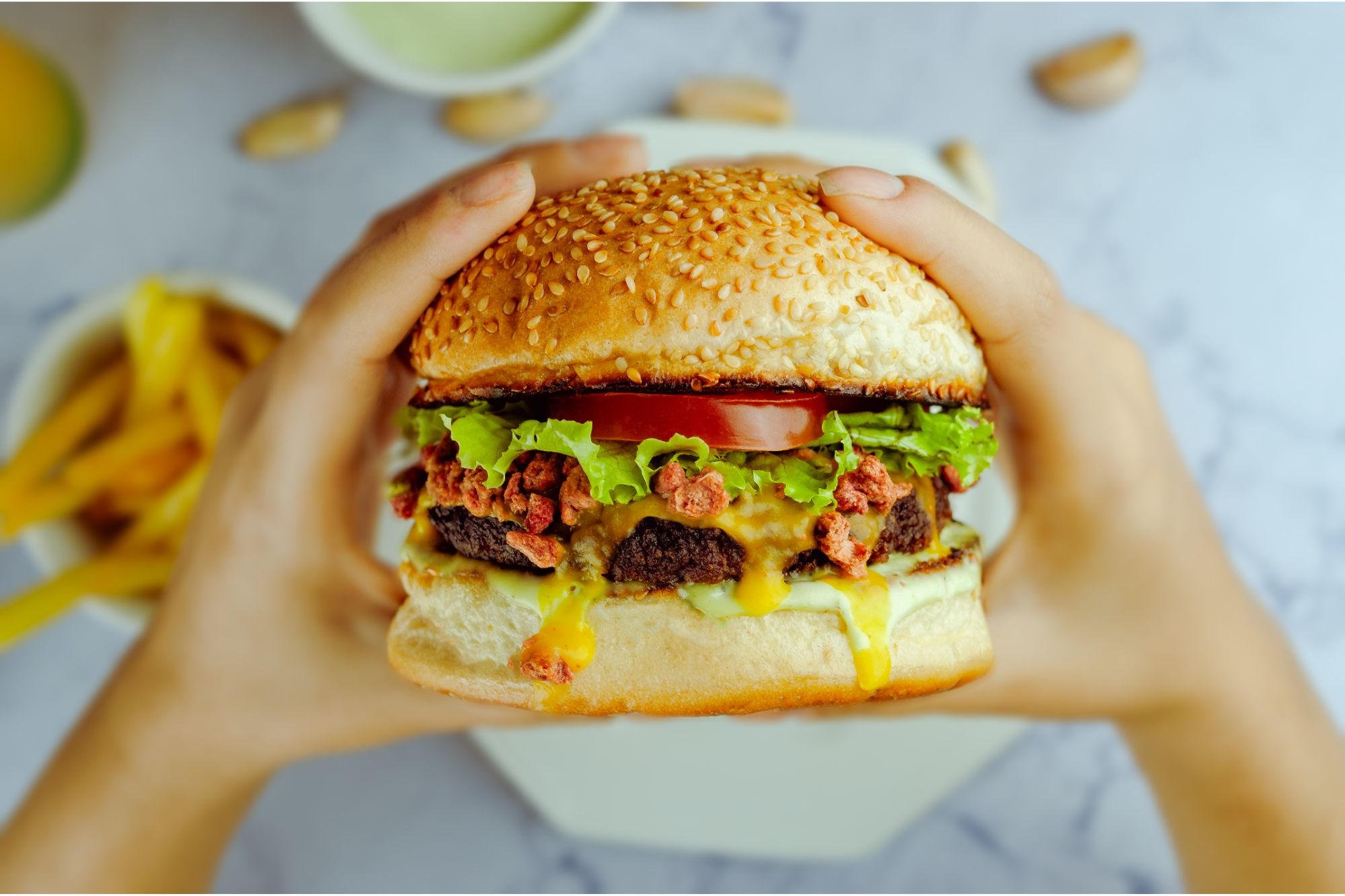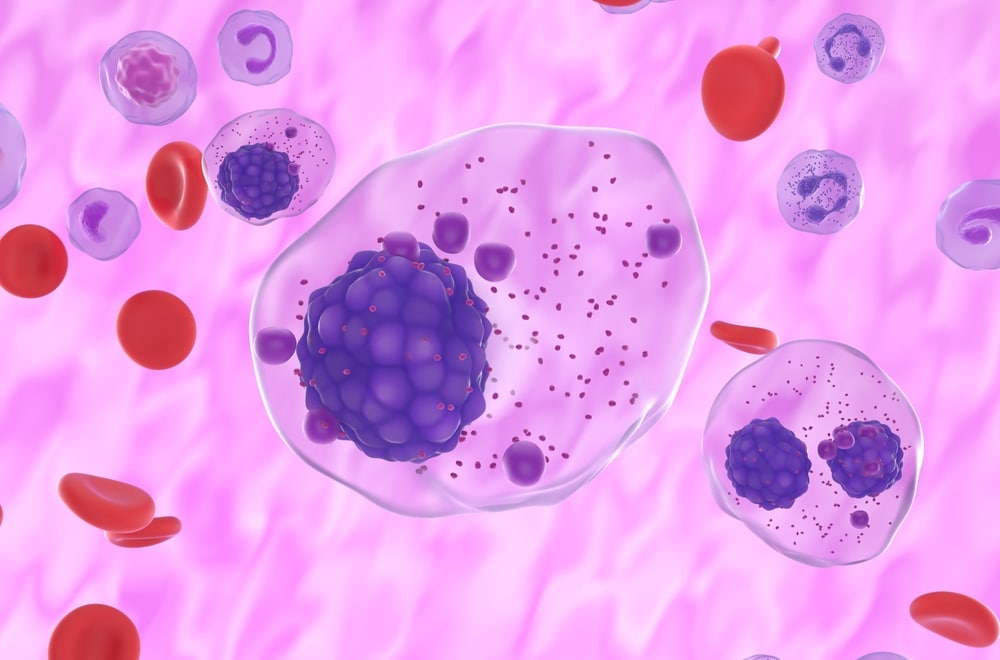Can stress affect your appetite? Johns Hopkins research shows it’s all in your head

The study also found that obese and lean individuals had slightly different brain responses to food phrases, with obese adults showing less activation of cognitive control areas to high-calorie foods such as grilled cheese.
A new study shows a link between stress, obesity and appetite.
Researchers from Johns Hopkins Medicine investigated whether stress can increase appetite in obese and lean adults in a series of experiments using functional magnetic resonance imaging (MRI), a technique for monitoring brain activity in brain networks. The results showed that stress affects how the brain responds to food, and that lean and obese people respond to food cues in areas of the brain associated with reward and cognitive control.
The results of the study were recently published in the journal PLANE ONE.
Data from 29 adults – 16 women and 13 men – were evaluated for the study, of which 17 were obese and 12 were lean. Participants underwent two fMRI scans, one after a social and physiological stress test.
During both scans, participants completed a food word reactivity test. This test involved observing how people’s brains responded to words about food, such as menu items written on a chalkboard. The researchers asked participants to imagine the look, smell, and taste of each food, as well as how it would feel to eat it right then and there to maximize the brain’s appetitive response. They were also asked how much they wanted each dish and whether they thought they shouldn’t eat it to gauge how they viewed food-related decision-making.
“Experiments have shown that obese and lean adults have somewhat different brain responses, with obese adults showing less activation of cognitive control areas to words about food, especially high-calorie foods such as grilled cheese,” says lead researcher Susan Cornell. , Ph.D., is an assistant professor of psychiatry and behavioral sciences at the Johns Hopkins University School of Medicine.
The study also found that stress affects the brain’s response to food. For example, obese people showed greater activation of the orbitofrontal cortex, the brain’s reward region, after a stress test. “We also found evidence of an association between experienced subjective stress and brain responses in both groups. For example, thin people who reported higher post-test stress showed less activation of the dorsolateral prefrontal cortex, a key brain region for cognitive control,” Cornell says.
Reference: “Obesity and Acute Stress Modulate Appetite and Neural Responses in a Word Food Response Task” By Susan Cornell, Leora Benson, Aphroditi Papantoni, Lui Chen, Yuankai Huo, Zhishun Wang, Bradley C. Peterson, and Alan Gelibter, September 28, 2022 . PLANE ONE.
DOI: 10.1371/journal.pone.0271915
https://scitechdaily.com/can-stress-influence-your-appetite-a-johns-hopkins-study-reveals-that-its-all-in-your-head/ Can stress affect your appetite? Johns Hopkins research shows it’s all in your head





